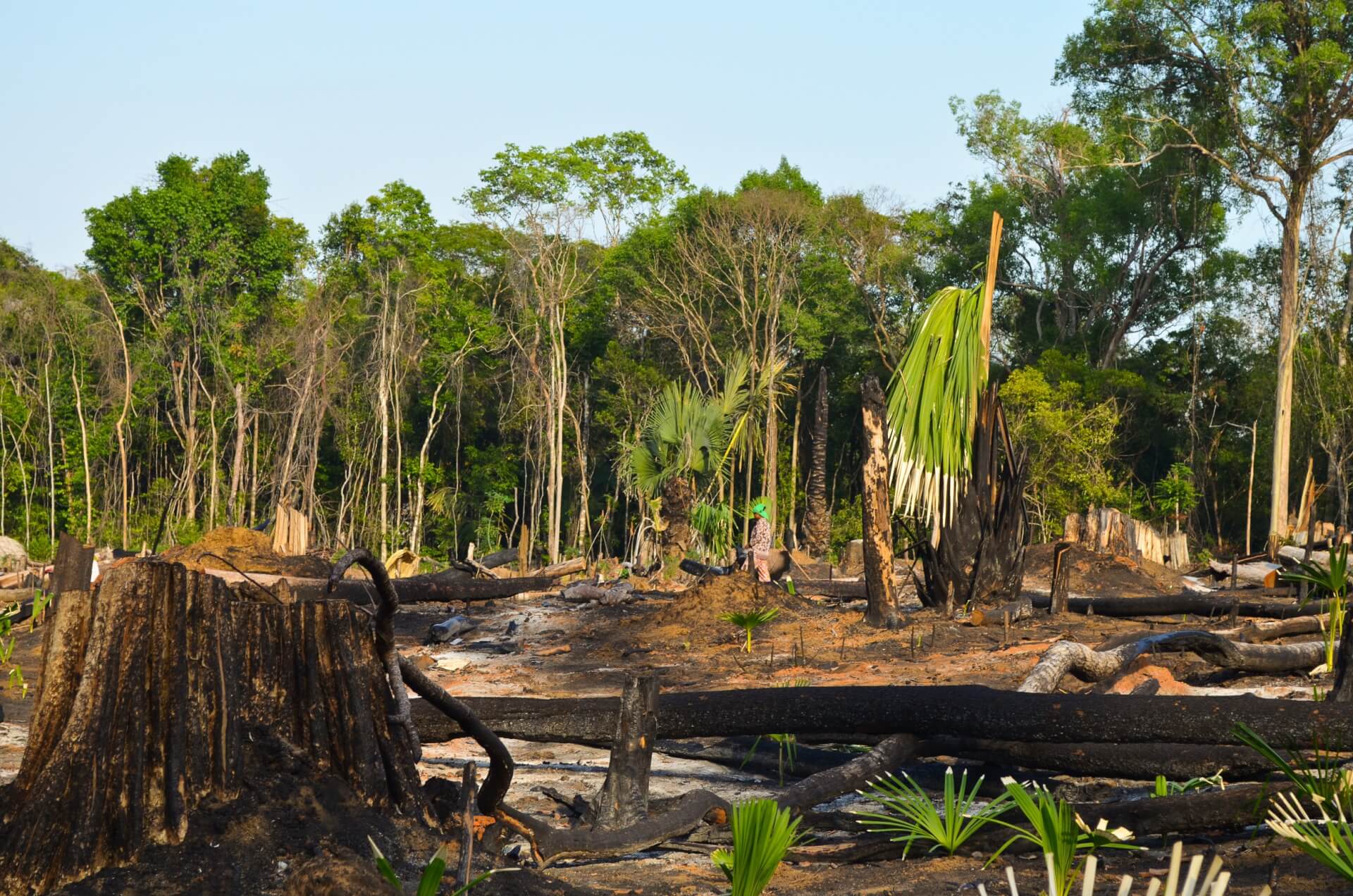The United States (US) has announced that it is prematurely ending its $21 million flagship forest protection programme in Cambodia over concerns of continued deforestation and the government’s silencing of activists who speak out against the destruction of natural resources.
On Thursday, a statement released by the US embassy in Phnom Phen stated that the country has already invested more than $100 million in programmes that combat deforestation in Cambodia through the US Agency for International Development (USAID). However, despite the massive funding, “persistent high deforestation rates in protected areas, particularly in the Prey Lang Wildlife Sanctuary, where USAID has invested significant resources, continued to take place.”
Since 2016, USAID has supported increasing ranger patrols, law enforcement training, and the development of a national protected area management system. But despite all efforts, the Prey Lang Wildlife Sanctuary has lost approximately 38,000 hectares of forest, nearly 9% of its total forest cover. The statement attributed this loss to “well-documented illegal logging” in and around the Prey Lang Wildlife Sanctuary and inadequate action on the part of Cambodian authorities in terms of prosecuting wildlife crimes and putting “a stop to these illicit activities.” In addition, it blamed the Cambodian government for repeatedly silencing and targeting local communities and their civil society partners for voicing concerns about “the loss of their natural resources.”
Before scrapping the project, the US repeatedly urged increased cooperation between the Cambodian government, local communities, and civil society to find solutions to protect Prey Lang’s “natural heritage.” Unfortunately, however, the situation at the sanctuary has only worsened. As a result of these unresolved concerns, the US has decided to end assistance to government entities under the USAID Greening Prey Lang project. Instead of the environment protection aid, it will now redirect its help “to support civil society, the private sector, and local efforts to improve livelihoods and expand climate-sensitive agriculture.” Moreover, it will also “continue to engage the Cambodian government on climate change and environmental issues of mutual and global concern, including through the Mekong-US Partnership.”
In response to the defunding, the Cambodian government denied the accusations of illegal logging activities. It said that the ending of the US aid programme showed the country could now protect the environment on its own. The Straits Times reported the ministry’s spokesperson Neth Pheaktra saying: “Large-scale natural resource crimes in the Prey Lang Wildlife Sanctuary and other protected areas no longer take place, but small-scale crimes continue to occur.”
Prey Lang’s official website shows that the sanctuary is among the most biodiverse forests in Cambodia and one of the largest remaining in the region. It includes a variety of rich habitats, including rainforests, grasslands, and marshes. Importantly, it is a haven to 55 threatened species, including gibbons, Asian elephants, and nearly 45% of Cambodia’s bird species, including one-third of the country’s bat species. However, due to rampant illegal hunting with wire snares, many mammals, lizards, birds, and reptiles are caught and sold in local markets or exported to China and Vietnam.
The forest also supports the daily livelihood of more than 250,000 people, and the protected area is home to 538 plant species and 80% of the most endangered indigenous tree species in Cambodia. However, logging for domestic purposes remains largely unregulated. As a result, multiple highly-prized timber species, such as rosewood, are already extremely scarce, and loggers have begun to cut down other valuable species as well. Furthermore, new roads are cutting into sensitive areas, breaking up habitats, and facilitating illegal logging and poaching.
Its continued deterioration has, therefore, triggered concerns of environmental neglect and forced Washington to take action.

